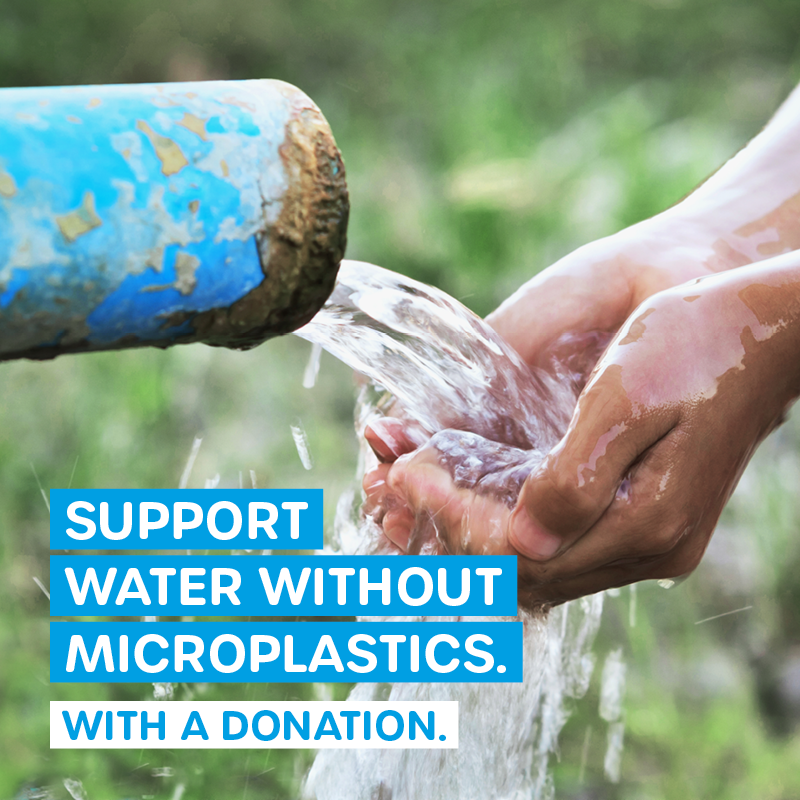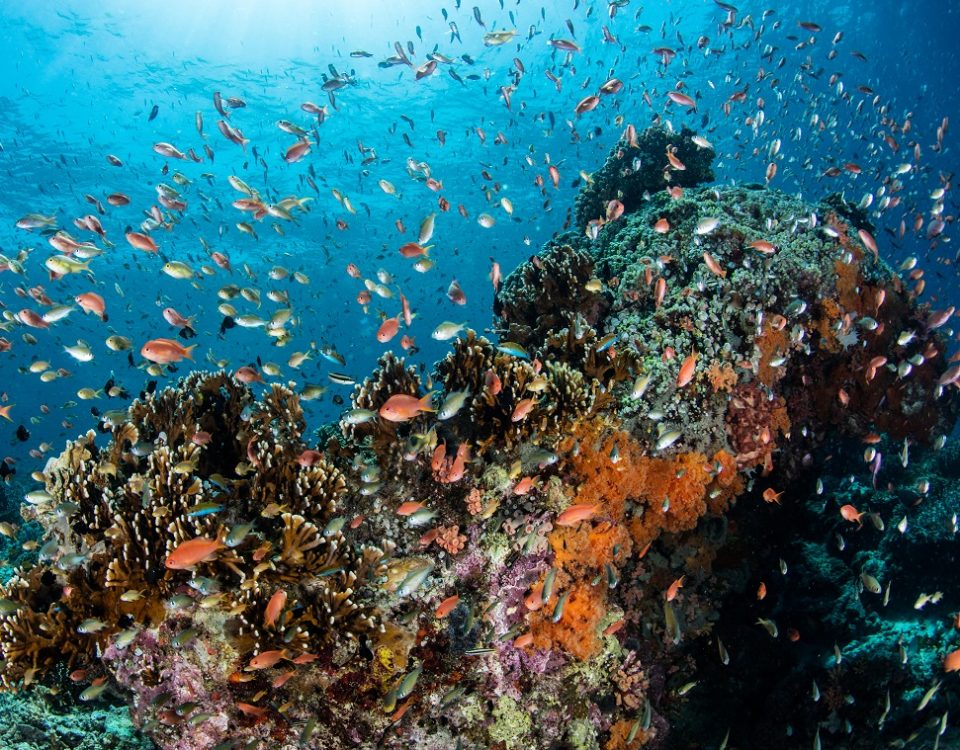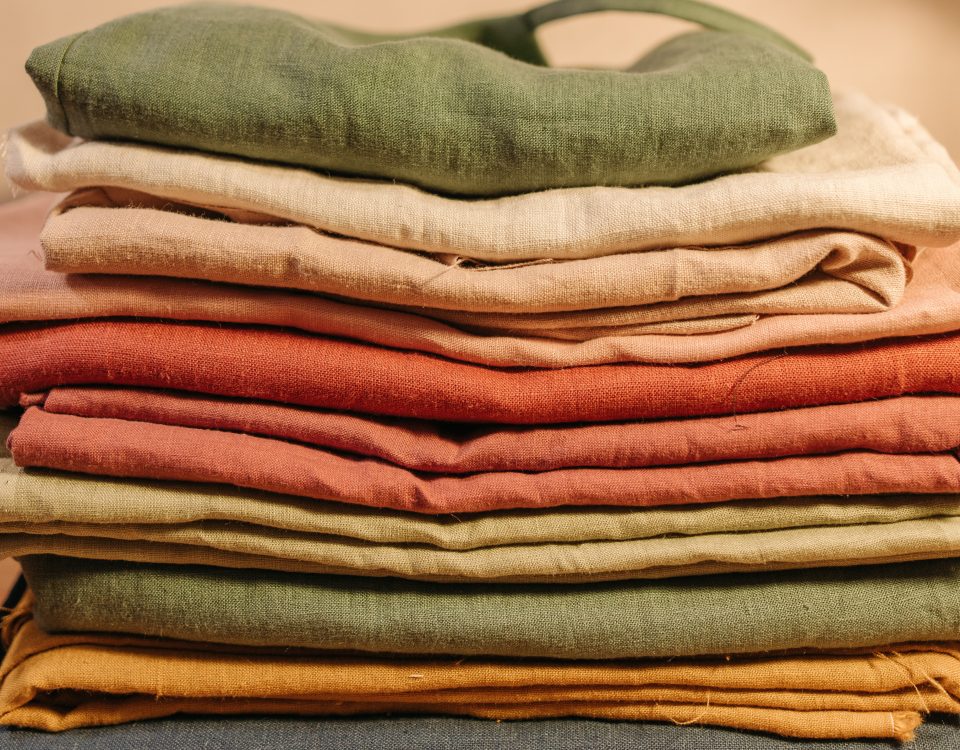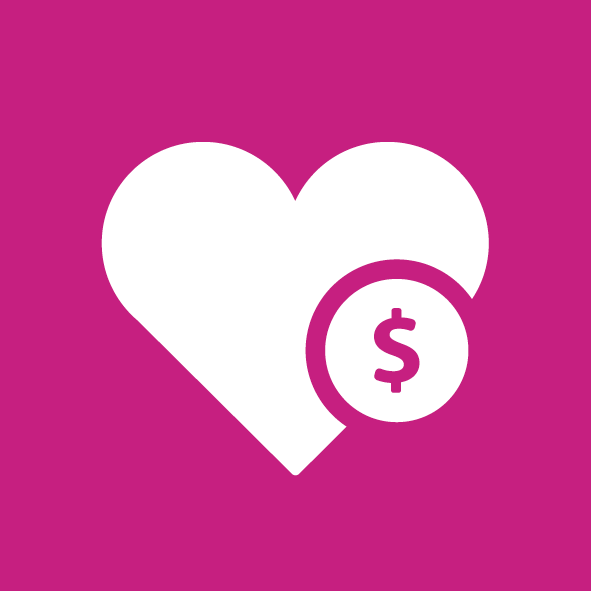
Donate for clean water
And against microplastic pollution in our environment
Your donation helps to reduce plastic pollution of oceans and drinking water. Microplastics and pollutants such as PFAS - also known as Forever Chemicals - are an omnipresent threat to the health of all living things. Although their research is still in its infancy, they are already suspected of damaging entire ecosystems and promoting diseases such as cancer.
With your contribution, you are taking preventive action by enabling us to prevent unwanted inputs into the environment through education and awareness programs as well as research into new technologies.
By the way:
Donations are fully tax deductible. Up to the limit of 200 euros per year, the submission of the account statement to the tax office is sufficient (Section 50 (2) No. 2 letter b EStDV), from contributions over 200 euros per year, we are happy to issue a donation receipt. This will be sent to you in January of the following year. To receive a donation receipt, please include your address in the purpose.
For a direct bank transfer, please use our account information:
Name of the bank: Baden-Württembergische Bank
IBAN: DE 67 6005 0101 0405 3293 55
BIC CODE / SWIFT: SOLADEST600
Account holder: Wasser 3.0 gemeinnützige GmbH
Stop Microplastics
Microplastics and micropollutants are so problematic because they are often too small to be effectively filtered out of wastewater. As a result, they enter the environment and are now almost everywhere, from Arctic sea ice to soil and air.
This is why basic research at the beginning of the problem - the entry of pollutants into water in private households and industry - is particularly important. As a non-profit limited company, we work on methods and processes that help industry and the wastewater sector to filter out pollutants and plastics before they are returned to the natural water cycle.
As a non-profit company, we use your donations to develop and publicize more efficient solutions against microplastics. The treatment of water is an important contribution that individual players can make to tackling the problem. After all, today's wastewater is tomorrow's drinking water.
More education for more clean water
Education is another important pillar for clean water in the future. That is why we are committed to education and information on water cycles and pollutants. Your donation will help.
In this way, we can reach people around the world with modern, virtual educational spaces and raise awareness of this problem. This results in more sustainable behavior, but also new ideas and innovations.
Clean oceans and clean drinking water
Microplastics in the world's oceans are a recurring topic, as larger quantities of plastic also break down into microplastics in the oceans. These tiny particles end up back on our tables via the food chain through fish and shellfish.
Education and removal processes that reduce the input into the sea help to break this cycle. Groundwater or bank filtrate, which is extracted from drinking water, can also contain microplastics.
Education, awareness raising and responsible research are an important key to enabling a microplastic-free diet.
Support our way to achieve clean water for all!







